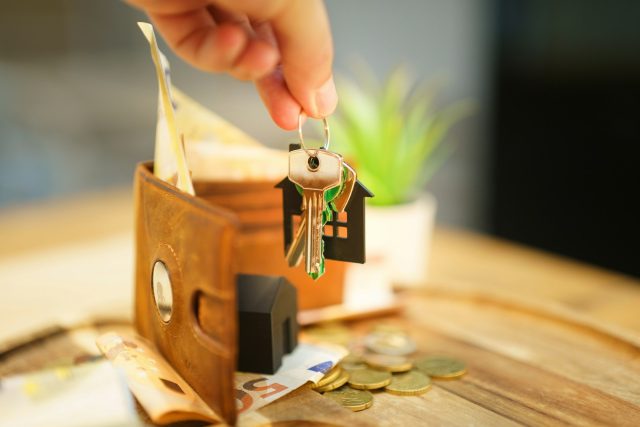
Becoming a landlord for the first time is both exciting and intimidating. On one hand, owning rental property offers the chance to build wealth, generate steady income, and invest in your financial future. On the other, managing tenants, maintaining property, and navigating legal requirements can feel overwhelming. Success as a landlord doesn’t happen by accident; it requires preparation, organization, and the right mindset.
By focusing on several key areas, new landlords can avoid common pitfalls and build a strong foundation for long-term success.
Start With Clear Tenant Screening
The quality of your tenants directly impacts the quality of your experience as a landlord. A thorough screening process, perhaps controlled by a competent property manager, ensures that the people moving into your property are reliable, responsible, and likely to care for your investment.
Good screening typically includes:
- Credit checks to assess financial responsibility.
- Background checks to review criminal history.
- Verification of employment and income to ensure rent can be paid.
- References from past landlords to learn about previous rental behavior.
Taking the time to find the right tenants reduces the risk of late payments, property damage, and disputes – and keep in mind that cutting corners at this stage often leads to problems later.
Understand Landlord-Tenant Laws
Every state and city has laws governing rental properties, covering issues like security deposits, eviction procedures, and habitability standards. As a landlord, you are legally responsible for following these rules, and ignorance is no defense.
Familiarize yourself with the basics before renting your first unit. This knowledge not only protects you from legal trouble but also builds trust with tenants who see that you respect their rights. When in doubt, consulting with a property attorney or joining a local landlord association can provide valuable guidance.
Maintain the Property Proactively
A well-maintained property keeps tenants happy and protects your investment. Don’t wait until something breaks to act; instead, perform regular inspections and schedule routine maintenance for heating, plumbing, roofing, and appliances. Proactive maintenance saves money in the long run by catching small issues before they turn into costly repairs. It also demonstrates to tenants that you take their living conditions seriously, which encourages them to care for the property as well.
Set Clear Expectations in Writing
Verbal agreements leave too much room for misunderstanding. A strong lease agreement is essential to set boundaries and expectations from the beginning.
A good lease should outline rent amount and due date, security deposit terms, rules regarding pets, smoking, and guests, responsibilities for maintenance and utilities, and procedures for late payments or rule violations, at minimum. By putting everything in writing, you create a clear framework that protects both you and your tenants if disputes arise.
Communicate Effectively and Professionally
Good communication is at the heart of successful property management. Be approachable, responsive, and professional in all tenant interactions. Responding promptly to maintenance requests and addressing concerns respectfully builds strong landlord-tenant relationships. At the same time, keep communication professional. Being overly casual can blur boundaries, while being too distant may leave tenants feeling neglected. Striking the right balance ensures smoother operations and better tenant retention.
Stay Organized With Finances and Records
Rental income may feel straightforward, but it involves multiple moving parts: collecting payments, recording expenses, managing taxes, and tracking maintenance costs. As you might imagine, staying organized is crucial.
Many landlords use property management software or even simple spreadsheets to keep everything in order. Others delegate almost everything to a property management company. Either way, by maintaining detailed records, you’ll not only manage your property more efficiently but also be well-prepared at tax time and ready to document income and expenses if questions arise.
Plan for Vacancies and Emergencies
No property is rented 100 percent of the time, and unexpected expenses are inevitable. Successful landlords prepare by setting aside funds for vacancies, repairs, and emergencies. A common rule of thumb is to save at least three months’ worth of expenses for each property. This cushion allows you to handle gaps in rental income or sudden repair bills without financial strain.
Consider Professional Help When Needed
Some landlords thrive on managing every detail themselves, while others prefer a more hands-off approach. Hiring a property management company can be a smart move if you don’t live near your property, have multiple units, or simply don’t want to handle day-to-day issues. Although management fees may reduce profit margins, they also free up time and reduce stress. For many, this trade-off is worth it.
Making Your Property Portfolio Flourish
Becoming a successful landlord requires more than just owning a good property. It means screening tenants carefully, respecting legal obligations, maintaining the property, and managing all your finances with discipline. By approaching your first rental property with professionalism and foresight, you can set yourself up for long-term success in a potentially very rewarding, yet risk-laden field.








